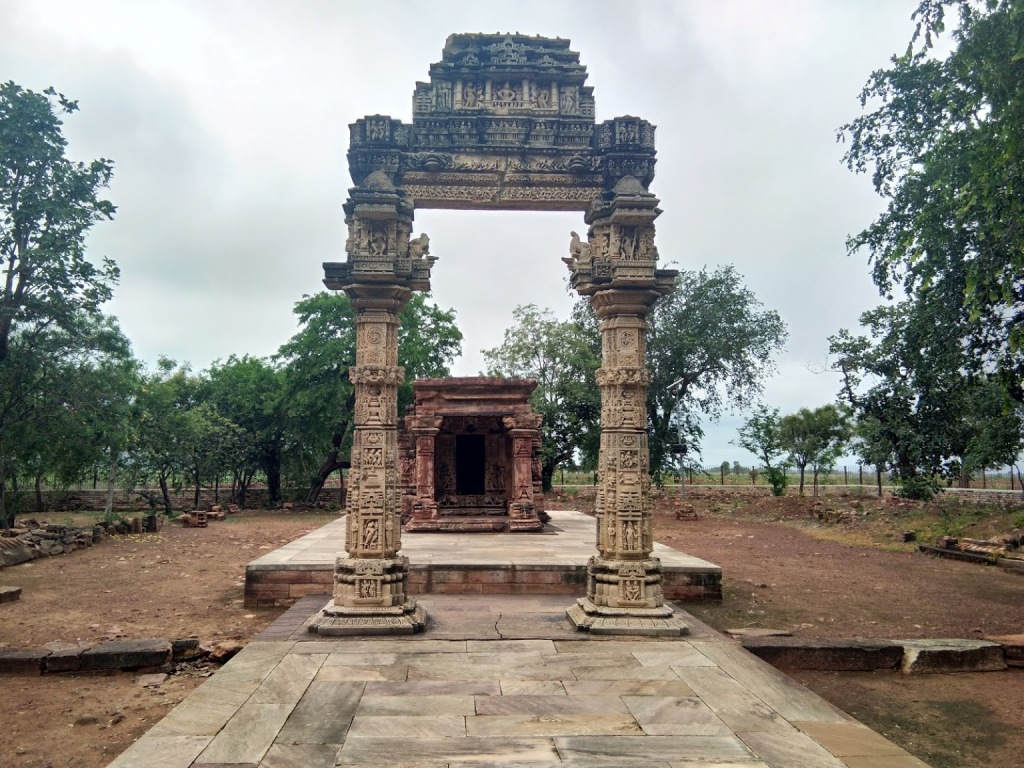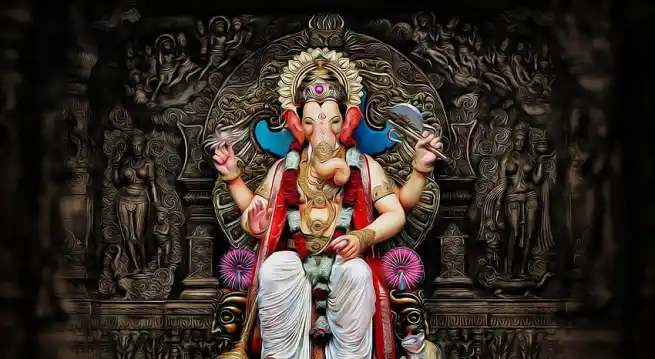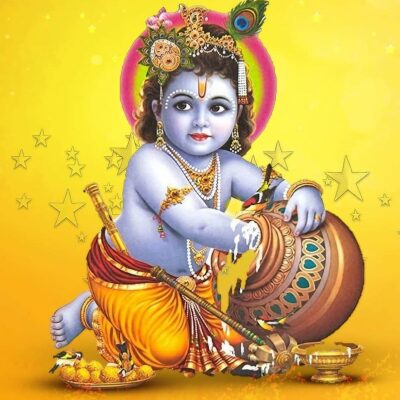Terahi Mohajmata Temple, Madhya Pradesh

Address
Terahi MohajmataTemple, Chandoriya, Madhya Pradesh 473990
Diety
Amman: Sakthi
Introduction
The Mohajmata Temple, dedicated to Goddess Shakti, is a significant religious site located in Terahi, a small village in the Shivpuri district of Madhya Pradesh, India. The temple is situated on the outskirts of Terahi Village. It is located on the banks of the Mahwar River, adding to the natural and serene surroundings of the temple. The temple is under the control and protection of the Archaeological Survey of India (ASI). The Mohajmata Temple is dedicated to Goddess Shakti, a powerful and revered deity in Hinduism associated with the feminine divine energy.
Puranic Significance
Historical Significance:
- Terahi was the seat of a Shaiva tradition, and remnants of a Shaiva monastery can be found in the village.
- Various pillars with inscriptions have been discovered in the vicinity of the Mohajmata Temple, shedding light on the historical context.
- An inscription dated to 903 CE mentions a temple of Chandiya, which is believed to refer to the Mohajmata Temple. This inscription suggests that the temple can be traced back to the 9th century CE.
Architectural Features:
- The Mohajmata Temple is constructed of red sandstone.
- The temple consists of a Mukha Mandapam (entrance hall) and a sanctum.
- While the Vimana (tower) over the sanctum has not survived, the temple still displays significant architectural and sculptural elements.
- The temple is adorned with intricate carvings, including images of deities, Matrikas, Mahisasuramardini, and more.
Turari Gate (Gateway):
- There is a well-preserved and richly ornamented torana (gateway) known as the Turari Gate in front of the temple.
- The central portion of the torana features an image of Lord Surya riding his chariot drawn by seven horses.
- Lord Surya is flanked by Kartikeya and Indrani, and there are images of other deities, including Lord Vishnu, Chamunda, Vaishnavi, Varaha, Hayagriva, Balarama, Ganesha, Agni, Harihara, Kubera, and Saraswathi.
Other Features:
- Many sculptures on the outer walls of the temple have been defaced or destroyed.
- Numerous depictions of skeletons, goblins, and ghosts can be found around the temple.
- Some pillars with inscriptions were relocated to the Archaeological Museum of Gwalior for preservation.
The Mohajmata Temple and its surrounding area are not only historically significant but also offer valuable insights into the region’s ancient Shaiva tradition and the art and architecture of the time.
Century/Period/Age
9th century CE
Managed By
Archeological survey of India.
Nearest Bus Station
Rannod
Nearest Railway Station
Badarwas
Nearest Airport
Bhopal









